EDF Matt Mullins View: Electronic monitoring is inexpensive, effective
 The New England cod fishery is on the brink of collapse. For weeks now we have heard from all stakeholders, with some calling for more closures, some less, and others seeking financial aid for fishing families. We’ve even heard a few calling for an all-out ban on cod fishing. But what is missing from much of this conversation are constructive ideas to pave a path forward for fishermen in New England. Electronic monitoring is one of those solutions. Plenty of EDF hyperbole. Read the rest here 09:49
The New England cod fishery is on the brink of collapse. For weeks now we have heard from all stakeholders, with some calling for more closures, some less, and others seeking financial aid for fishing families. We’ve even heard a few calling for an all-out ban on cod fishing. But what is missing from much of this conversation are constructive ideas to pave a path forward for fishermen in New England. Electronic monitoring is one of those solutions. Plenty of EDF hyperbole. Read the rest here 09:49

































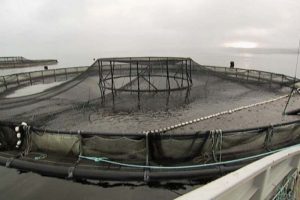
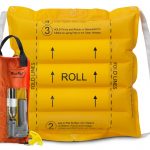
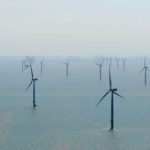
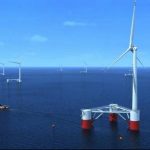
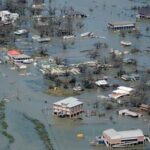
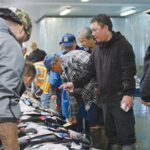
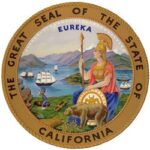
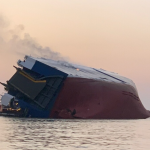
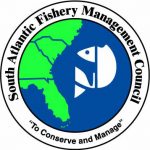
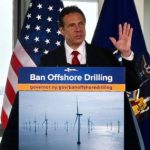
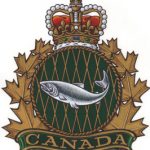



“Frankly, having an effective monitoring
program in place very well could have helped prevent the cod crisis we’re currently in.”
So…what is the thesis here? It’s the “incomplete at best” information of unreported discards that has created “the cod crisis”?
Because the crisis certainly couldn’t have been created by the other two aspects of incomplete fishing information that you cite: “…information about what fish are being caught, how much is being
caught”.
Since vessel captains are required to electronically hail their catch at-sea on a daily basis to NMFS, keep a paper accounting of catch, submit a Vessel Trip Report with total catch of each species which is subject to USCG check during boardings at-sea and/or State Law Enforcement checks upon landing, record on that VTR the
depth & Lat./Long, Chart area fished, number of tows, time length of each tow, number of tows, mesh size, gear type, gear size, number of crew, date and time sailed, date and time landed, port and buyer and date sold, Dealer permit number, Vessel name and permit number and Coast Guard Doc. number, and vessel operator number—all catch numbers are cross checked and have to jive with the electronic dealer reporting of the vessels’ landings—really, there’s plenty of complete (and cross-checked) information coming from that vessel for the regulators regarding “fish caught” and “compliance with monitoring”.
Now, if the Cod are being devastated by under-reported or unreported landings, the fishermen would have to either be eating the fish sashimi-style while they’re out on deck working the gear, or
they must be smuggling the fish off the boat in their oilers.
So it must be those pesky old discards causing all the crises and destruction that electronic monitoring would solve?
What is it exactly that the by-catch crusaders imagine is happening on the decks out there anyway? Fuel costs—even while the price per gallon is down—and gear costs are exorbitant. Would it make sense for a family owned and operated vessel to work on areas where the Cod were plentiful only to see them “tossed back into the ocean”?
This opinion piece hits the nail with this statement: “We are operating in the dark, and that means that catch limits are
sometimes based on stock assessments that are not accurate.” However, accurate that statements is, it has absolutely nothing to do with what goes on during a fishing trip on an independent family-owned fishing vessel.
Inaccurate stock assessments are more a function of the pseudo-scientific and self-serving hyperbole of environmental NGOs as they continue to operate in the dark.
Hi. My name is Matt Mullin, and I’m here to help!
Nice surgical dissection of Mr. Mullin’s cease the cod crisis moment to prove these ENGO slugs have used this opportunity to inject their finding a solution hyperbole.
Here’s another example.
Tragedy of the New England Fishing Commons
Posted on January 7, 2015 by Allison Lorenc (CLF)
Many are familiar with Garrett Hardin’s “The Tragedy of the Commons” (if you’re not, I recommend giving it a quick read). Basically, the theory is that an individual will attempt to maximize his or her own personal take of open access resources without considering the big picture impact of such. The theory is termed a “tragedy” because individuals following their own rational best interests will inherently over-consume in a limited world, ultimately resulting in overall resource depletion. The example Hardin uses to explain this theory is herdsmen continuously growing their herds. They desire the positive economic benefit of a more cattle even though this will lead to overgrazing, an environmental loss for the whole community and eventually the individuals themselves.
Fisheries—especially New England fisheries
http://www.talkingfish.org/newengland-fisheries/tragedy-of-the-new-england-fishing-commons
It makes me sick.